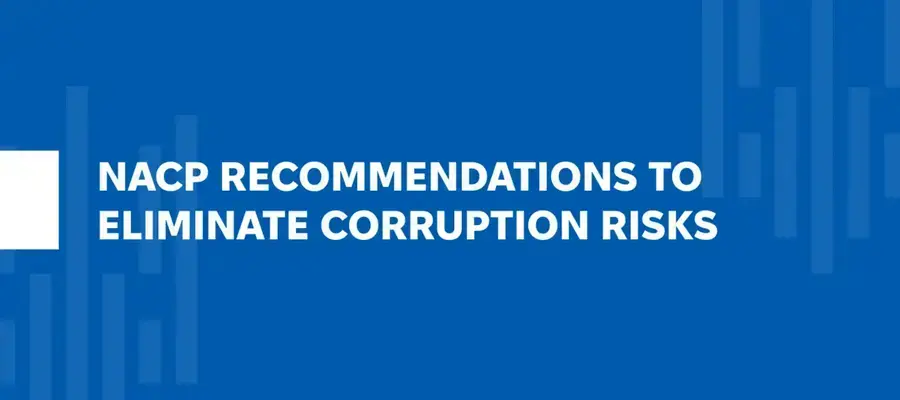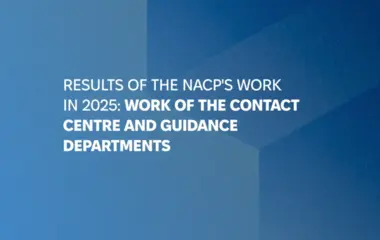The National Agency on Corruption Prevention (NACP) conducted an anti-corruption review of a draft resolution of the Cabinet of Ministers of Ukraine on the placement of electronic communications facilities and structures on land plots and other state-owned and municipally-owned real estate during martial law.
The draft resolution contained provisions that create conditions for corruption and the risk of uncontrolled logging of forest resources on particularly valuable forestry land, as well as the possibility of manipulating property assessments and technical impossibility as grounds for refusing to conclude a contract.
In its anti-corruption expert opinion, the NACP provided recommendations for eliminating possible corruption abuses.
The developer of the document, the Ministry of Digital Transformation of Ukraine, took into account the NACP's recommendations in full, and the Government adopted this resolution.
In particular, it establishes clear criteria for recognising the ‘technical impossibility’ of using property and confirming this fact, and provides for the drawing up of an act of acceptance and transfer of property and the conclusion of a contract for the placement of electronic communications facilities and/or structures.
In addition, on the recommendation of the NACP, provisions that created conditions for uncontrolled logging of forest resources, in particular valuable and rare trees and shrubs listed in the Red Book of Ukraine, and possible corruption abuses were excluded.
NACP also conducted an anti-corruption review of the draft resolution ‘On Amendments to Certain Resolutions of the Cabinet of Ministers of Ukraine on Specific Issues of Special Use of Forest Resources.’
In the draft government act, NACP identified factors that could lead to the introduction of a corruption-prone procedure for logging, in particular for research purposes.
Based on the results of the anti-corruption review, NACP provided the developer of the resolution, the State Forestry Agency, with recommendations for eliminating corruption-prone provisions.
Earlier, NACP presented a study entitled ‘Corruption Risks in Forestry.’ Experts conducted a comprehensive analysis of corruption risks in the forestry sector, identified the most common corruption risks and formulated recommendations for their minimisation and/or elimination. The study is available at the link.









